
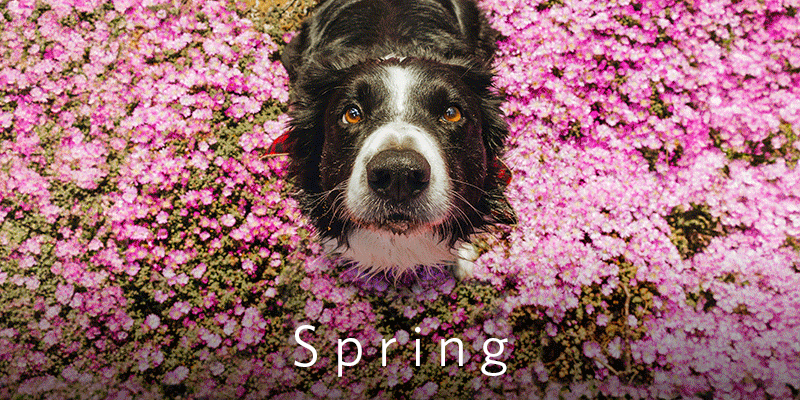
Find A Vet
Year-long flea and paralysis tick protection for dogs, with just one dose
GET THE FACTS ABOUT FLEAS
Did you know the world is home to over 2,000 species of flea and the most common is the cat flea? They´re not just a problem for your pets, but immature fleas can infest your carpets and beds, they’re a problem almost everywhere. Even pets that never go outdoors are at risk from fleas that find their way inside the house – and once they’re in, they’re notoriously hard to get rid of. To stop repeat infestations, you need to break the flea life cycle once and for all.


GET THE DIRT ON TICKS
Most of us are familiar with ticks. Chances are you’ve had one of those nasty little suckers latch on to you at some point. While they’re hazardous for humans, a paralysis tick can be deadly for our pets – and yet we know our beloved furry friends often don’t receive regular treatments to protect against them. Taking the title of the single most dangerous tick for dogs in Australia, paralysis ticks are related to spiders and can lay up to 3,000 eggs at a time.
Identifying Fleas
With more than 2,500 species of fleas existing on every continent except Antarctica, they’re a problem almost everywhere. The “cat flea”, C. felis is the most common global flea and despite its name, it affects dogs, cats and wildlife such as possums. Fleas can also be unpleasant for pet owners, too.
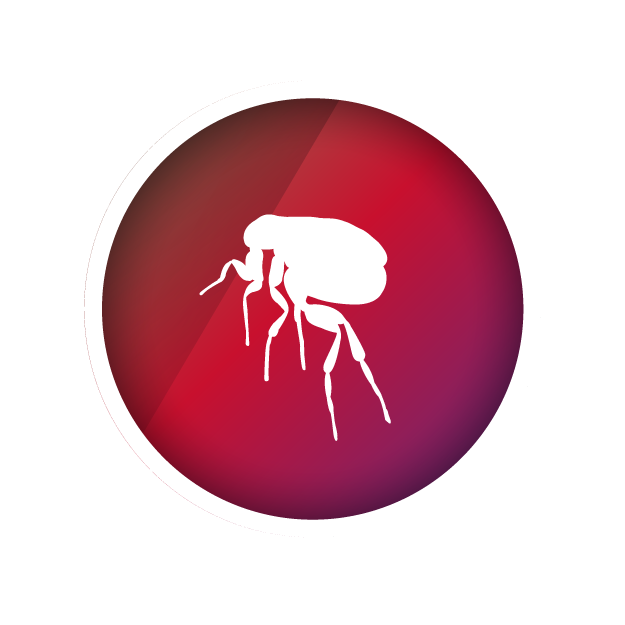
Life Cycle Of A Flea
Click through all stages of the flea life cycle to learn more.
Eggs
Female fleas lay eggs whilst on your dog or cat and can produce 40-50 eggs a day leaving them to fall off your pet and all over your home.

LarvaE
Each egg can hatch into a larvae and live in carpets, fabrics and small crevices in your pet’s environment. They feed on adult flea faeces and organic material they find until they’re ready to develop into pupae.
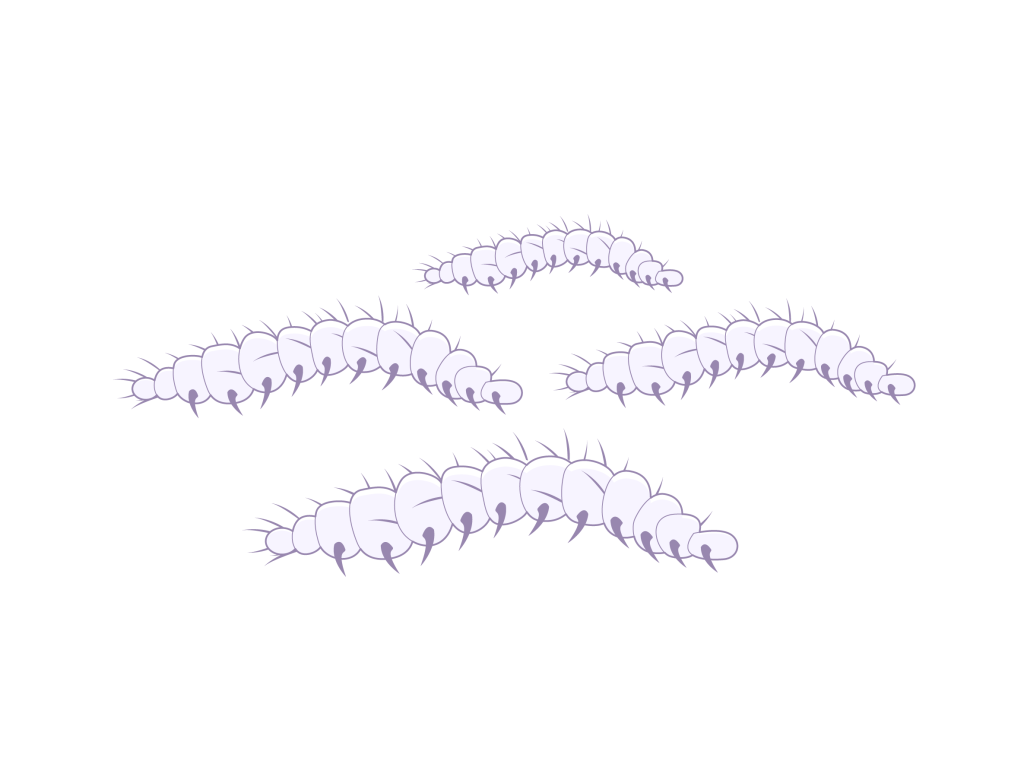
Pupae
Pupae develop into adult fleas inside tiny cocoons. Here they can stay dormant for long periods and come out in response to heat, carbon dioxide and movement.
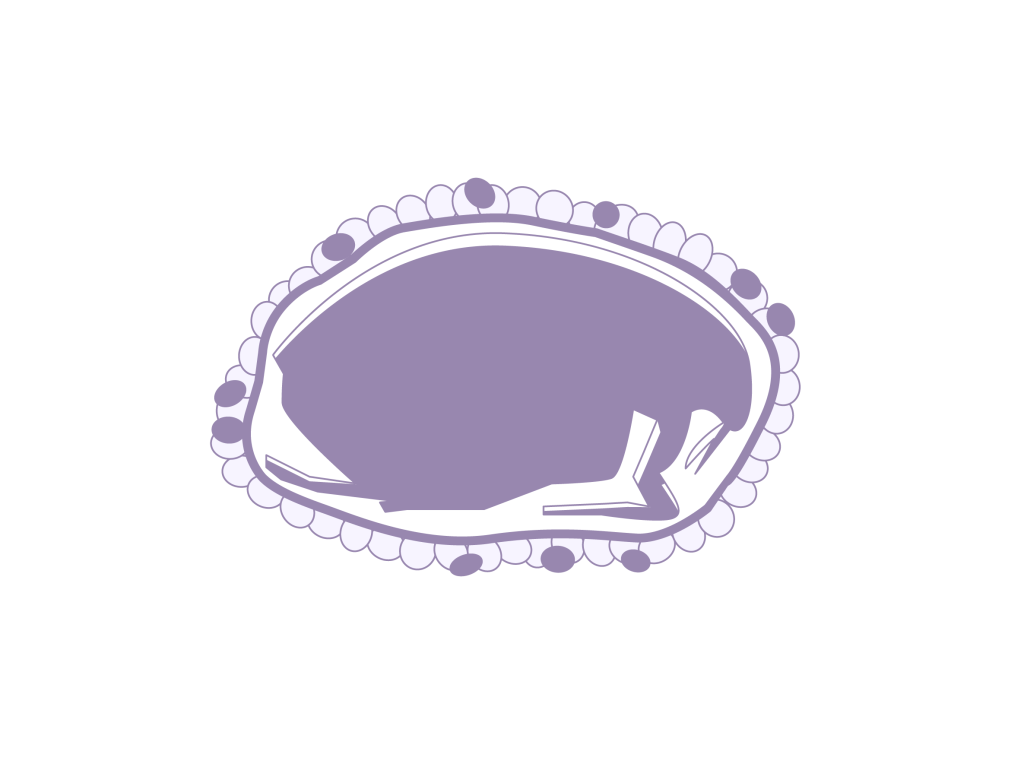
Adult
Once on your pet, adult fleas spend the rest of their lives there, feeding and laying eggs that infest your home within a matter of days.
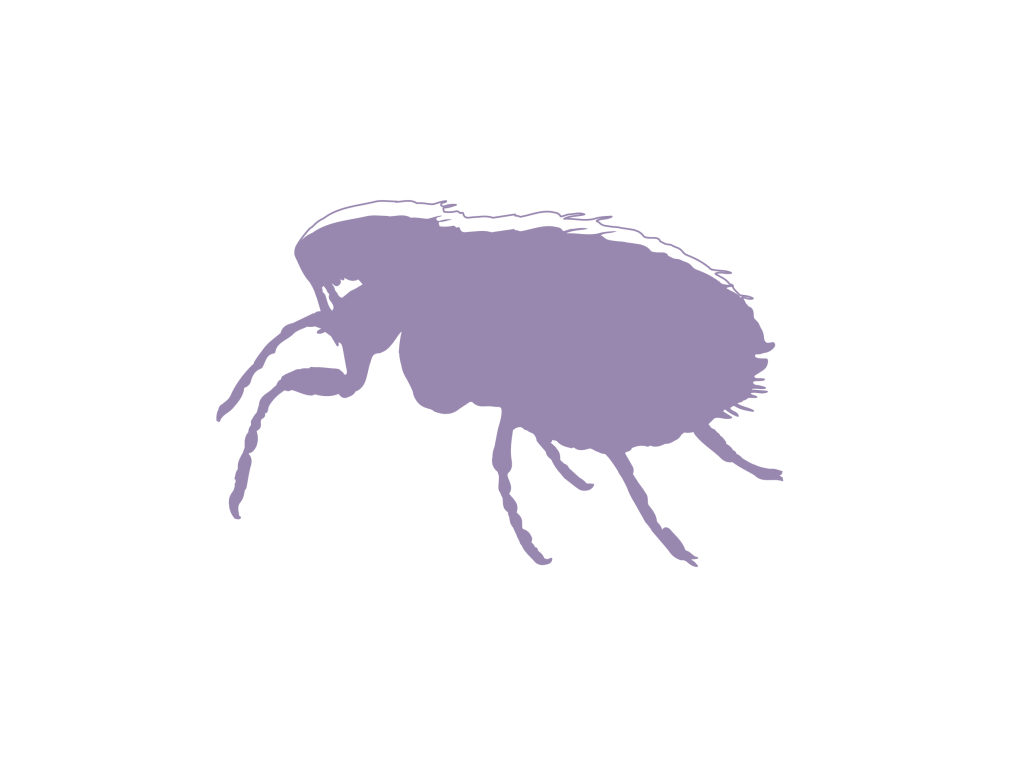
For general and administration enquiries please contact MSD Animal Health.